For LGBQ Scientists, Being Out Can Mean More Publications
Papers are a key currency for academic careers. LGBQ academic scientists who don’t disclose their sexual orientation in the workplace publish fewer papers than their out or non-LGBQ peers.
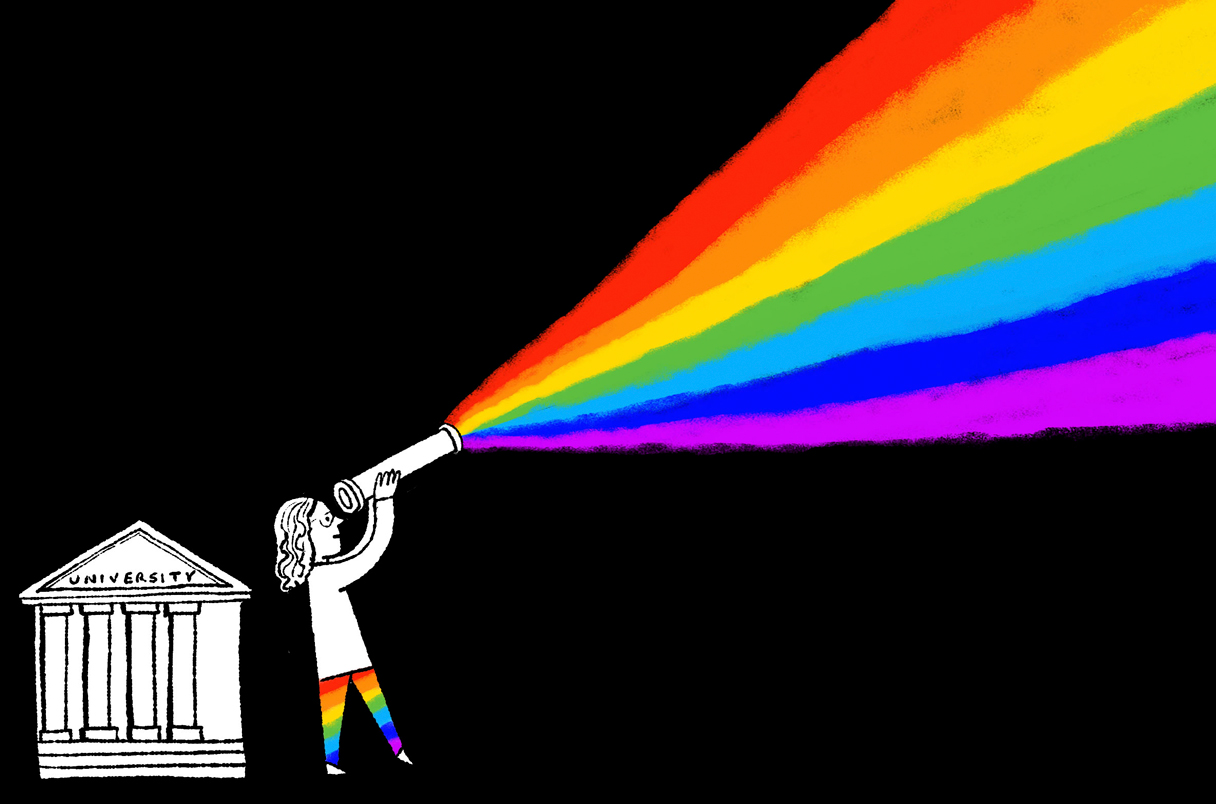
Send us a link
Papers are a key currency for academic careers. LGBQ academic scientists who don’t disclose their sexual orientation in the workplace publish fewer papers than their out or non-LGBQ peers.

The history of the scientific enterprise demonstrates that it has supported gender, identity, and racial inequity. To reverse this situation, the scientific community must reexamine its values and then collectively embark upon a moonshot-level new agenda for equity.
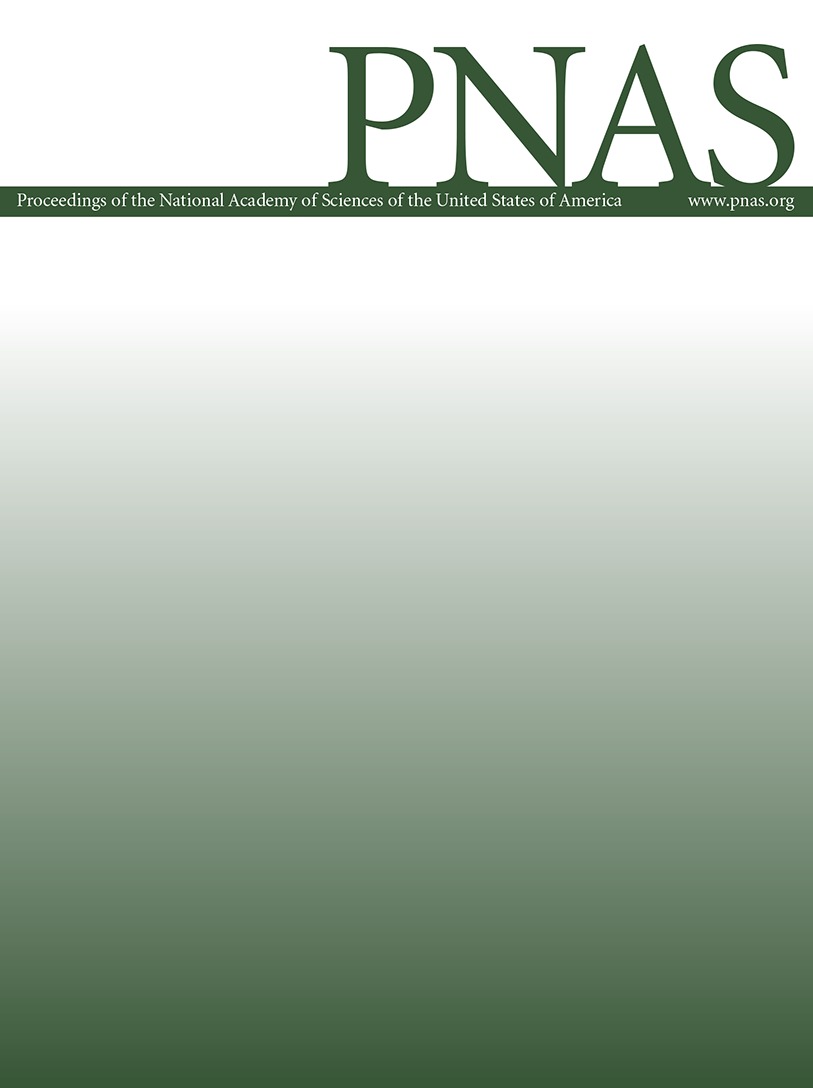
Efforts to chart and reduce bias in scholarly publishing will ask authors, reviewers and editors to disclose their race or ethnicity.
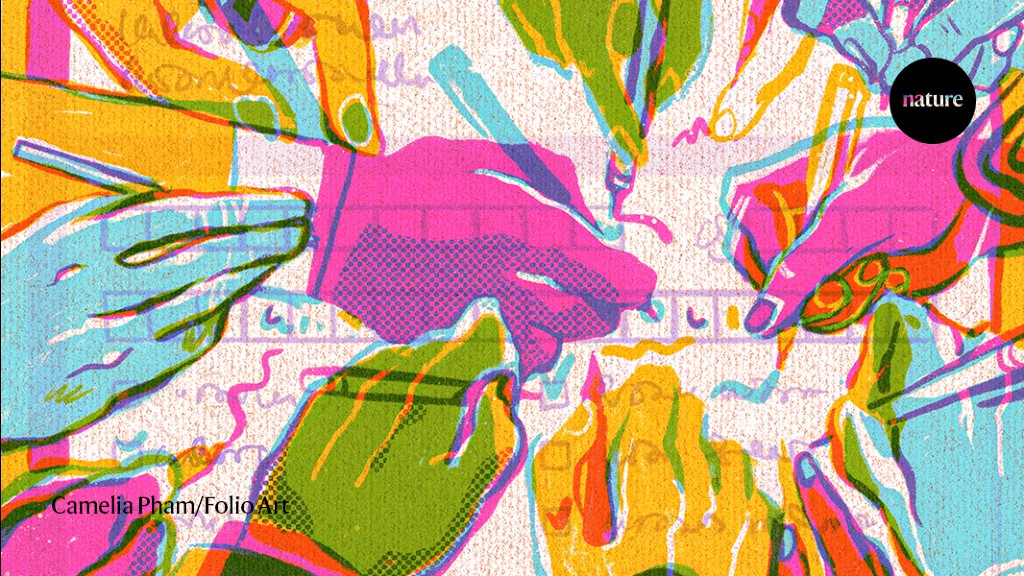
The metaphor of the leaky pipeline describes how the number of women, Black, Indigenous, People of Color (BIPOC) and other minoritized groups progressively decreases at every stage of their academic careers. However, the passivity of this approach has often been criticized. Women and BIPOC don’t leak out of the pipeline. Instead, they are forced out of it under pressure behind blockages.
Science is often seen as a meritocracy, where the best work rises to the top along with the researchers who shepherd those advances. A new study tests that premise at the intersection of race and gender and finds cracks in that façade.
Within a year of the shutdowns caused by the COVID-19 pandemic, virtual meetings transformed from an auxiliary service to an essential work platform for hundreds of millions of people worldwide. Universities rapidly accelerated adoption of virtual platforms for remote conferences, classes, and seminars amidst a second crisis testing institutional commitment to the principles of equity, diversity, and inclusion. To address these concerns, we began the Diversity and Science Lecture series (DASL), a cross-institutional national platform where junior life scientists present personal stories, professional progress, and advice for their peers.

Scientists and funders with close links to local communities outline how Western teams can collaborate fairly and effectively with those groups.
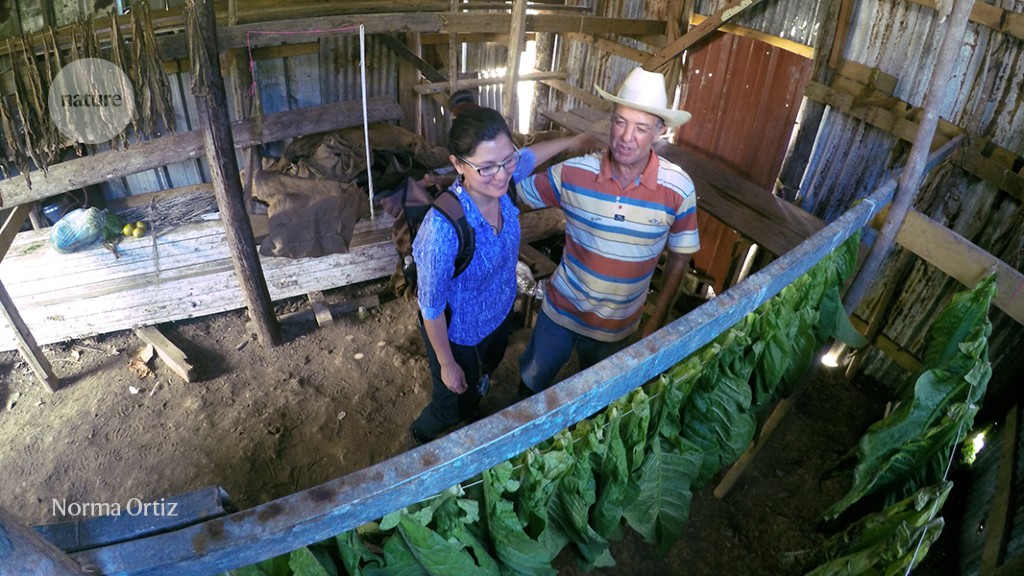
The training course adds to ongoing efforts to promote greater diversity in scholarly review.
This post is a conversation between Katy Alexander and Sylvia Hunter about job hunting with a disability in the publishing industry.
Four junior researchers with disabilities describe their career experiences to date, and how colleagues can act as allies.
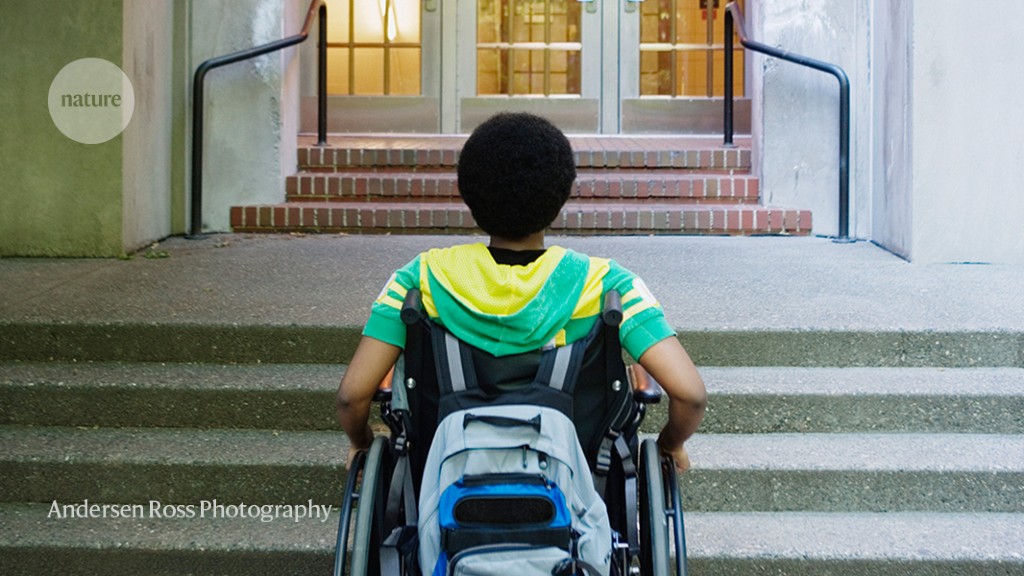
Today's post is looking at the experiences of people with disabilities in scholarly publishing.
These articles raise awareness of science policy topics that directly affect marginalized scientists and communities, and provides possible solutions by which to increase diversity, equity and inclusion in science policy as laid out by the next generation of leaders in the field.
When two junior researchers joined a search committee, they came up with a way to put equity and inclusion centre stage.
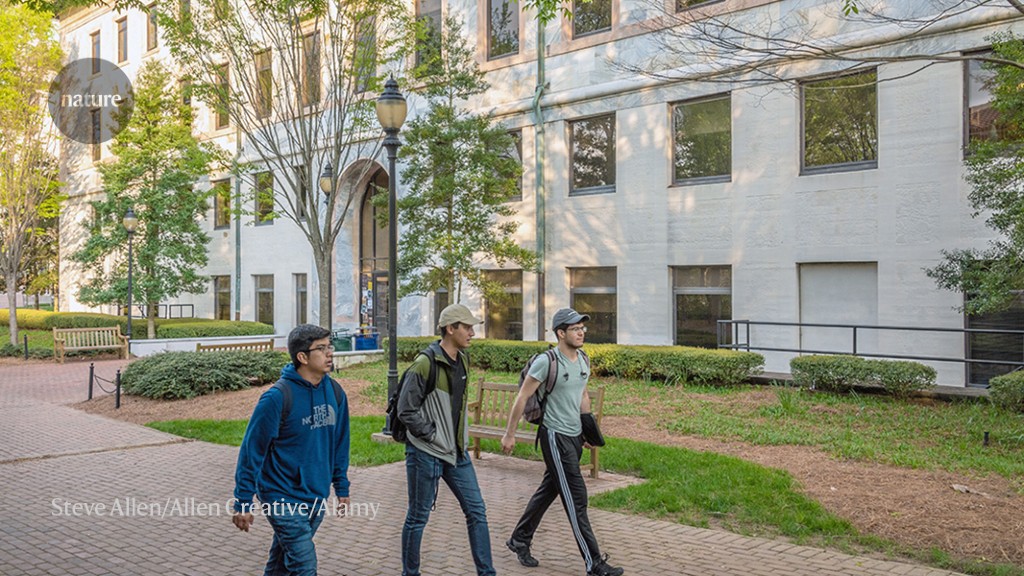
As UK universities prepare to welcome new undergraduates, a study suggests ways to level the playing field between white and minority-ethnic science students.

Read the 2021 International Science Policy Memo Competition winning articles on intersectional science policy
It's time to tackle the cumulative barriers and biases faced by scientists who aren't from wealthy countries.
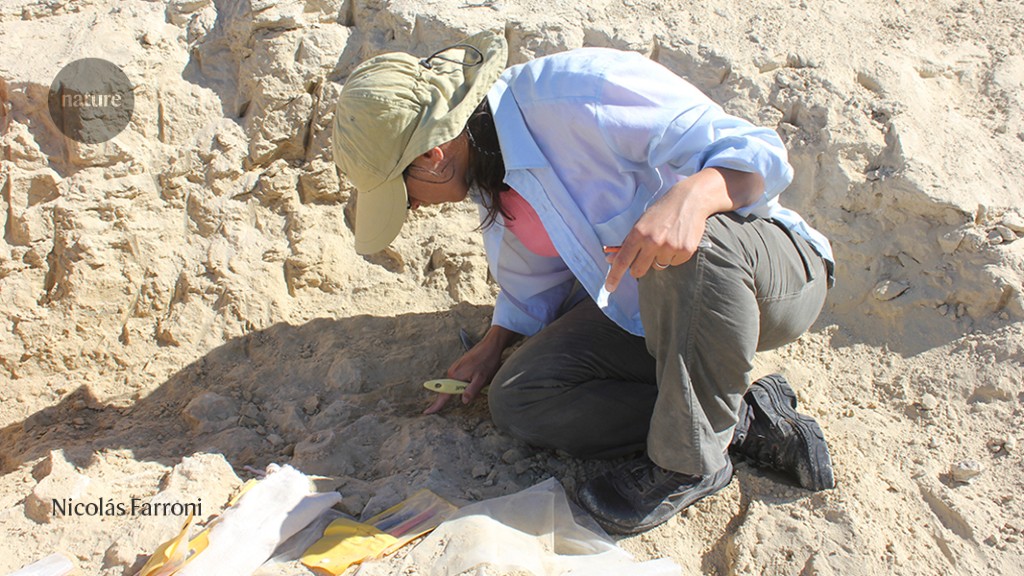
Twelve scholars of science advice discuss the challenges of incorporating a radically diverse range of perspectives into a science advice process.
This post explores how diversity plays an important role in the peer review system.
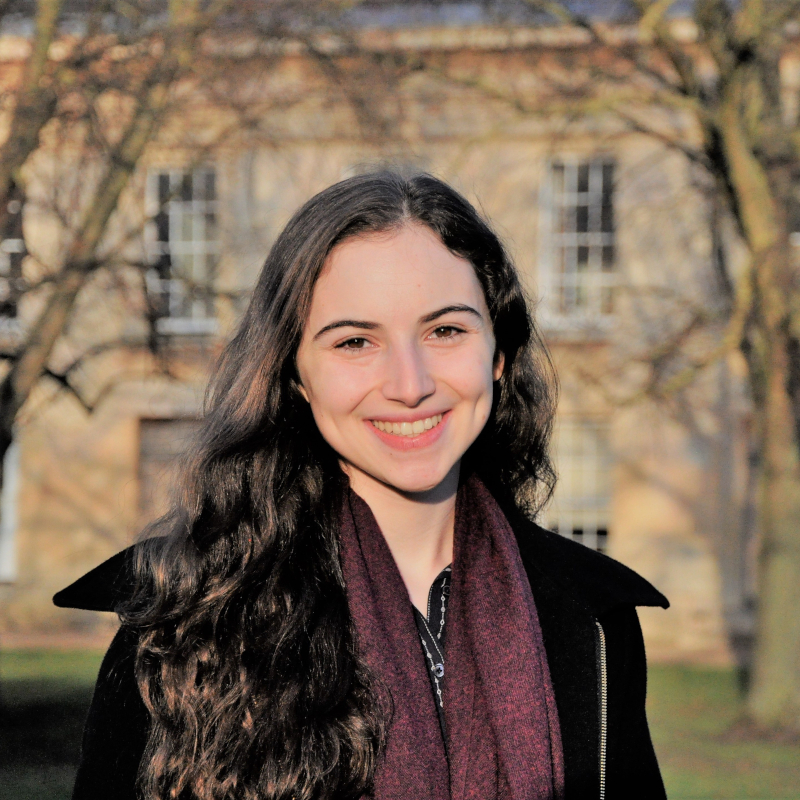
Academia has a problem with race. It’s a problem that academia — like the rest of American society — doesn’t like to acknowledge.

Geographical inclusion in scholarly publishing needs to do more than just drawing the Global South closer to the Global North.
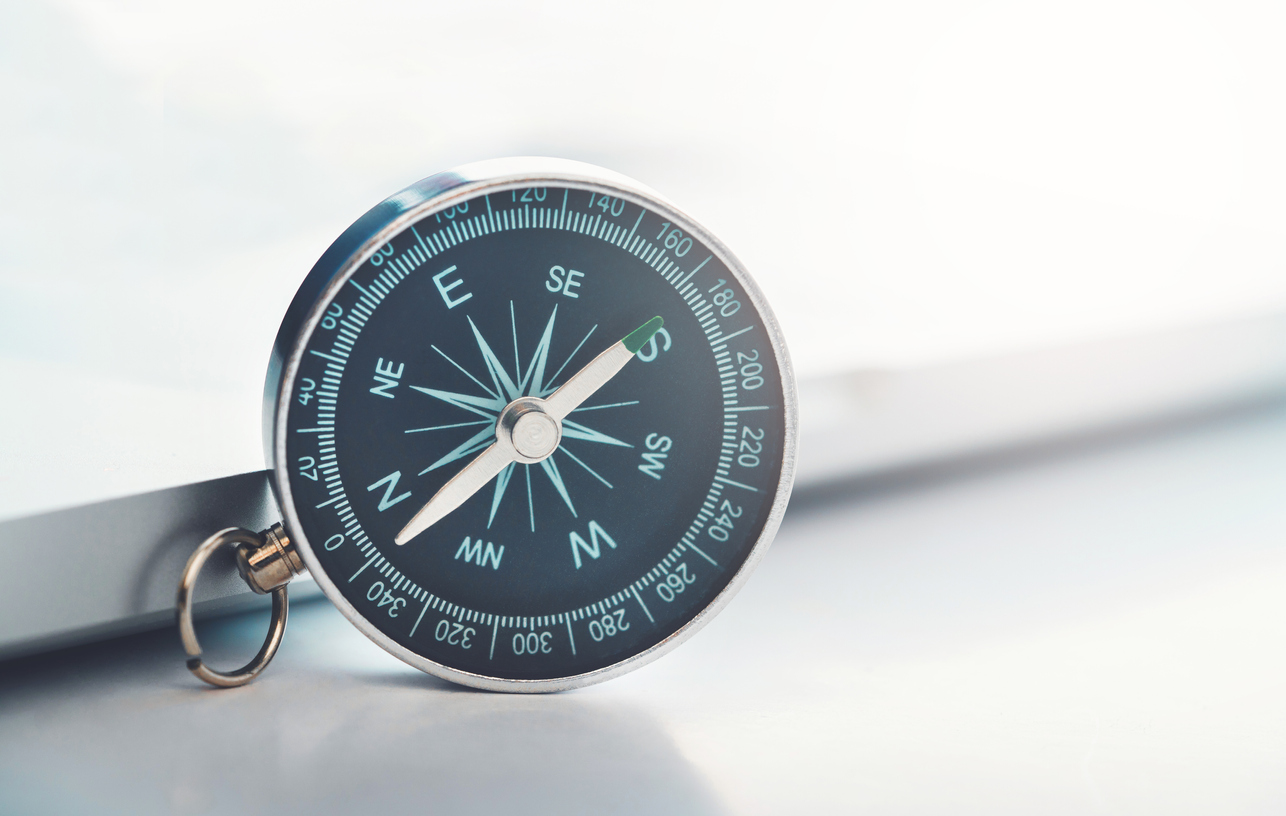
The activist and author discusses why there is no one-size-fits-all feminism and her aim to create work that comforts women of colour who have been 'gaslit'
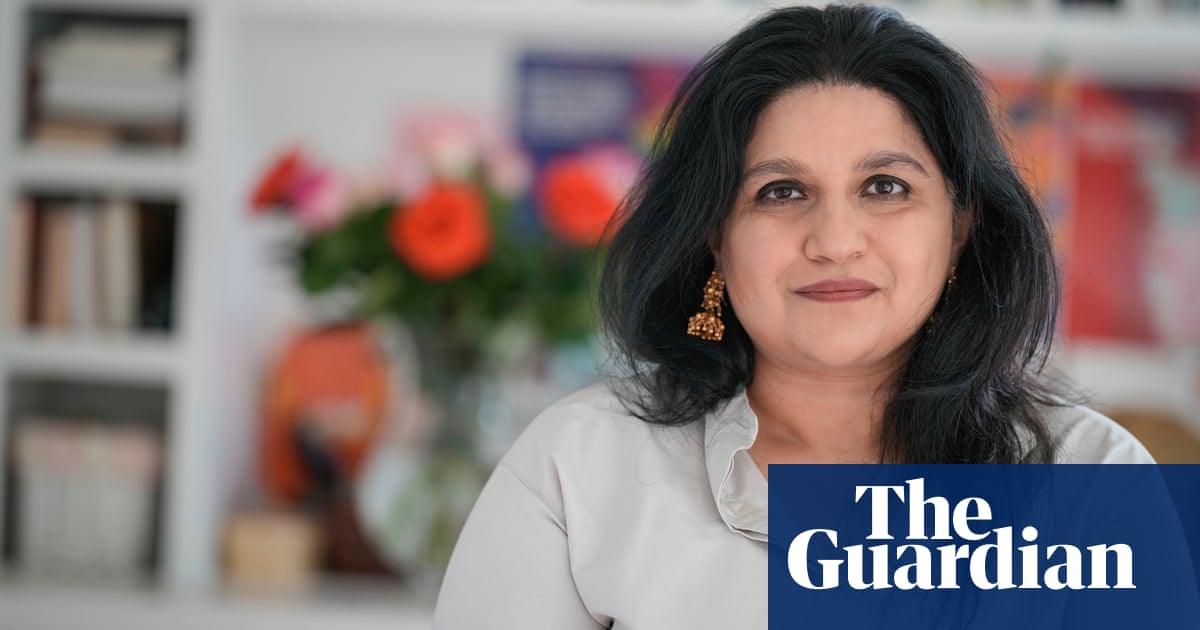
I pride myself on coming from a place of “yes.” So it was uncharacteristic that, when my department head asked me to share my experiences of homophobia at a recent virtual diversity town hall for faculty, my first reaction was to decline.